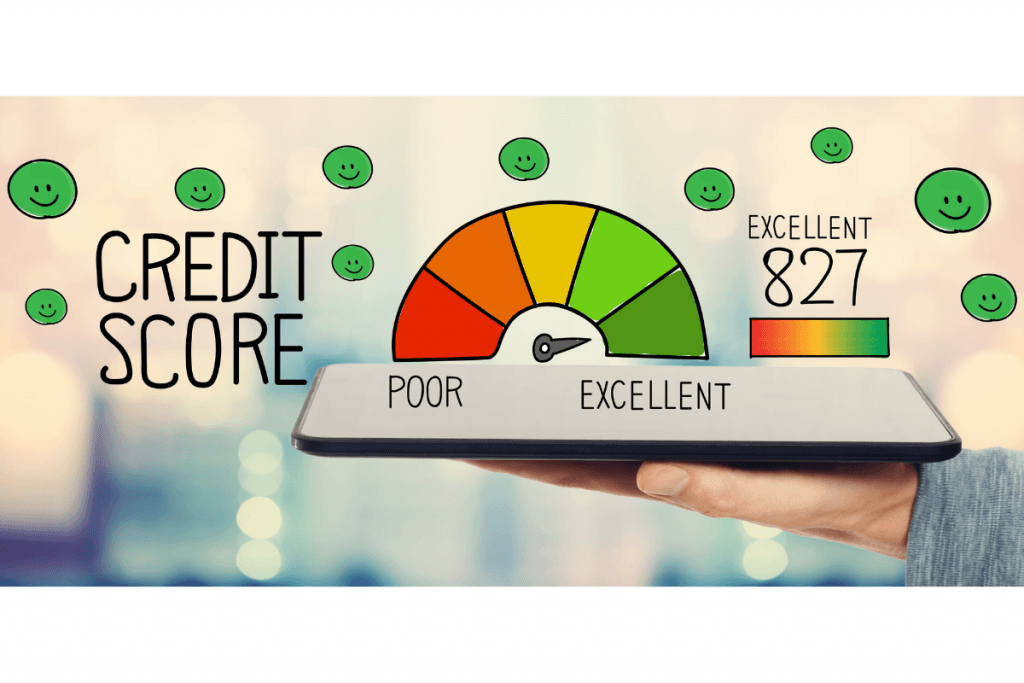Your credit score plays a big role in your financial life. A low score can hurt your chances of getting approved for a loan and a high score can give you access to some of the lowest interest rates on the market. But how exactly is that important three-digit number calculated? The credit scoring system used by most credit bureaus and lenders is called a FICO score. It was developed in the United States by the Fair Isaac Corporation.
How do they calculate FICO score?
The FICO score takes five main areas of credit data- payment history, the amount owed, length of credit history, new credit and types of credit — into consideration when calculating a borrower’s credit score. Each of these categories are weighted differently because some credit habits are riskier than others.
Canada’s two national credit bureaus (Equifax and TransUnion) use credit scoring technology based on FICO’s system, but both have slightly different ways of interpreting your credit data. That’s why it’s a good idea to get a credit report from each bureau once a year.
In Canada, credit score range from 900, which is perfect, to 300, which is poor. A score of 680 or higher is generally considered good.
What factors determine your credit score?
Payment history (35%)
Paying your bills late is the worst thing you can do for your credit score. Payment history is the single biggest factor affecting your credit score because it determines if you are able to pay back your loans as agreed.
Regularly missing payments or being many months overdue on a bill payment can signal to a lender that you have poor financial management skills or not enough income to cover your debts. A bill that has been sent to collections is an even bigger red flag.
A good record of on-time payments will help boost your credit score because it shows that you are a reliable lender who can handle debt repayment over the long term.
We know that life is busy, but late payments can drag you down for a long time because they stay on your report for 7 years.
Setting bill reminders in your phone and signing up for pre-authorized withdrawals through your bank will help you stay on top of your payments.
Amount owed (30%)
The amount of debt you have is the second largest contributor to your credit score. The higher your “credit utilization” — the amount of debt you’re carrying compared to the amount of credit you have available to you — the lower your score.
For example, if you have a credit card limit of $5,000 and your monthly statement is $4,500, you’re using 90% of your available credit. If this is a common occurrence, lenders will be concerned about your ability to repay your loans.
Keeping your credit card balance as low as possible will help improve your credit score and save you a ton of money on interest payments each month (double yay!). Practice only using as much credit as you can realistically pay back each month so you don’t get in over your head.
Length of history (15%)
Old credit is good credit in the borrowing world. Having a well-used account that’s been open for many years shows that you know how to manage your debts over the long term.
Credit bureaus look at how long an account has been open and when it was last used to calculate your credit score because it is an indicator of reliability.
However, you don’t have to be a veteran credit user to have a good score.
New credit accounts start working towards your credit score 6 months after being opened.
Avoid closing old credit accounts or cancelling credit cards even if you’ve paid them off and are no longer using them. The lifespan of those accounts extends your credit history and establishes you as a responsible borrower.
New credit (10%)
Where old credit can be a benefit, new credit can be a detriment. Getting a new credit card or applying for a loan can hurt your credit score in the short term because the approval process often requires a lender to make a “hard inquiry” into your credit history. A hard credit check helps a lender make a decision about your application, but it also makes your score drop a few points.
How many points do you lose for a hard inquiry?
Many applications in a short period of time can compound the damage to your score. For example, if you apply for three new credit cards, a car loan and a mortgage all within the same week, that’s five hard inquiries in seven days. A lender will wonder why you need so much credit at once and your score will lower incrementally with each inquiry.
It’s also good to keep in mind that your score will suffer with each application AND each new credit account that’s added to your portfolio — meaning your score will be hit twice in the process.
Type of credit used (10%)
The diversity of your credit portfolio accounts for 10% of your credit score. It is possible to get a good credit score by only using one kind of credit, but the people with the best scores tend to have a mix of different kinds of accounts.
This works its way into FICO’s scoring model because different kinds of credit require different management styles. Installment credit, like a car loan, has set monthly payments you’re required to make over the term of your loan; while revolving credit, like a credit card, can be used as needed and doesn’t have to be paid in-full each month.
Borrowers who can successfully manage a credit card, line of credit, student loan and a mortgage are seen as less risky than those with only one kind of credit. However, don’t start opening up a bunch of new accounts just to diversify your credit. The type of credit you have is less important than paying your bills on time and keeping your balance low.
At Legacy Auto Credit, our goal is to get you driving as fast as possible, which is why we’ve made our process as easy and hassle-free as possible. Connect with one of our Finance Advisors to learn more about our flexible financing options. Or fill out an application today and get one step closer to driving.

